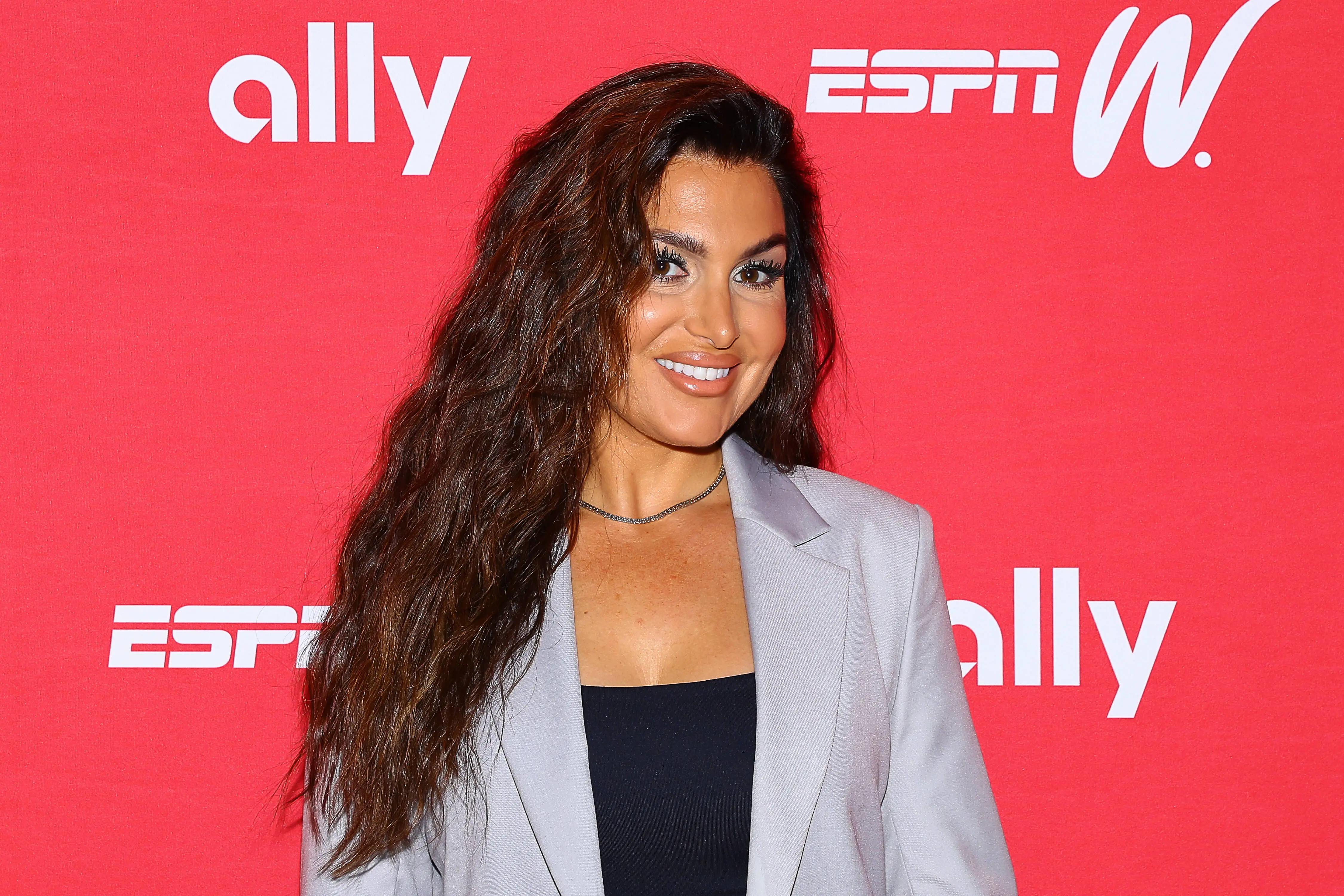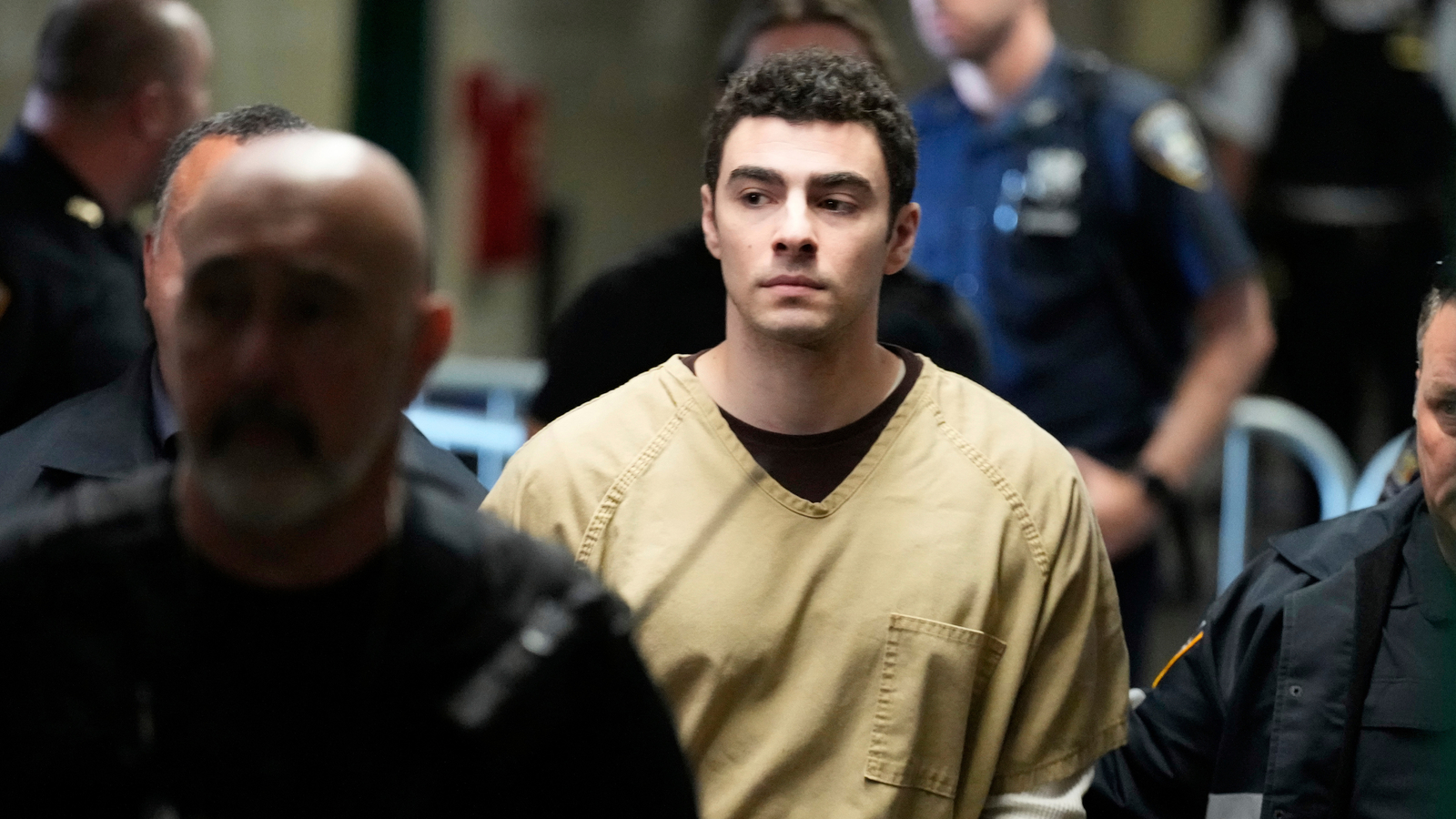
Dominic Fike Leaves Lollapalooza Fans Confused with Disjointed Performance
Dominic Fike’s long-awaited return to Lollapalooza was more puzzling than powerful, leaving many in the audience scratching their heads after a set that felt more like a rambling therapy session than a music festival performance.
Fike, known for hits like “3 Nights” and his breakout role in Euphoria, kicked off his set on a strong note with “Westcoast Collective” from his 2018 debut EP Don’t Forget About Me, Demos. But the energy quickly shifted when he began addressing the crowd in lengthy, meandering speeches between nearly every song.
“It’s been a while since I’ve performed any music,” Fike told fans, explaining he had just done a show in Canada the day before and had resolved to “slow down” for his Lollapalooza appearance. That promise to take a more reflective, laid-back approach might have sounded good in theory, but in execution, it pulled the set far from the kind of polished performance expected at a festival of this scale.
Between songs, Fike paused frequently to reflect out loud, often drifting into personal anecdotes or abstract thoughts with no clear tie-in to the music. “I know it’s not common practice at these festivals… I just want to sit in it, whatever the feeling is,” he said at one point, trying to create a more intimate vibe. But for fans who came ready to sing and dance, the energy fizzled as quickly as it rose.
The constant interruptions made the show feel less like a concert and more like a podcast interspersed with live music. After promising to slow things down, he picked up an acoustic guitar to perform “Phone Numbers” — but not before yet another speech. And right when he began to introduce a song he said wasn’t his but felt especially relevant, he abruptly changed course to tell a story about a former roommate who loved Coldplay.
That segued into a cover of Coldplay’s “Yellow,” which ironically turned out to be the crowd’s most enthusiastic singalong of the night — though it wasn’t even one of Fike’s own tracks.
Unfortunately, the disjointed energy didn’t improve. Fike never seemed to hit a flow, as every musical moment was undercut by another monologue or detour. Then came the show’s most baffling twist.
Near the end of the set, Fike vanished from the stage while the screen flashed the message, “Quiet please, baby on stage.” The crowd waited in silence, unsure if it was a joke or a glitch. Moments later, a baby appeared on stage surrounded by toy instruments. Fike returned, picked up the toy microphone and began singing into it while playing a tiny toy piano. Whatever song he attempted to perform was almost impossible to understand due to the toy mic’s poor quality.
As the song ended, Fike picked up the child — widely assumed by fans to be his son — and walked off stage without a word. The screen then displayed, “No, Thank You,” marking the abrupt and confusing end of his set.
Fans were left looking at each other in disbelief. Was it performance art? A metaphor? Just chaos?
Whatever the intention, the takeaway was clear: Dominic Fike’s Lollapalooza performance lacked cohesion, musical momentum, and emotional payoff. Despite his undeniable talent and unique voice, the night felt more like an identity crisis than a comeback.
For a crowd that came expecting a set of music, they got something else entirely — and not everyone was convinced it was worth the wait.
Popular Categories





:max_bytes(150000):strip_icc():focal(728x233:730x235)/liam-neeson-and-pam-anderson-Joely-richardson-080325-a1f0a010a0964317bdafbb7d72d7f72e.jpg)